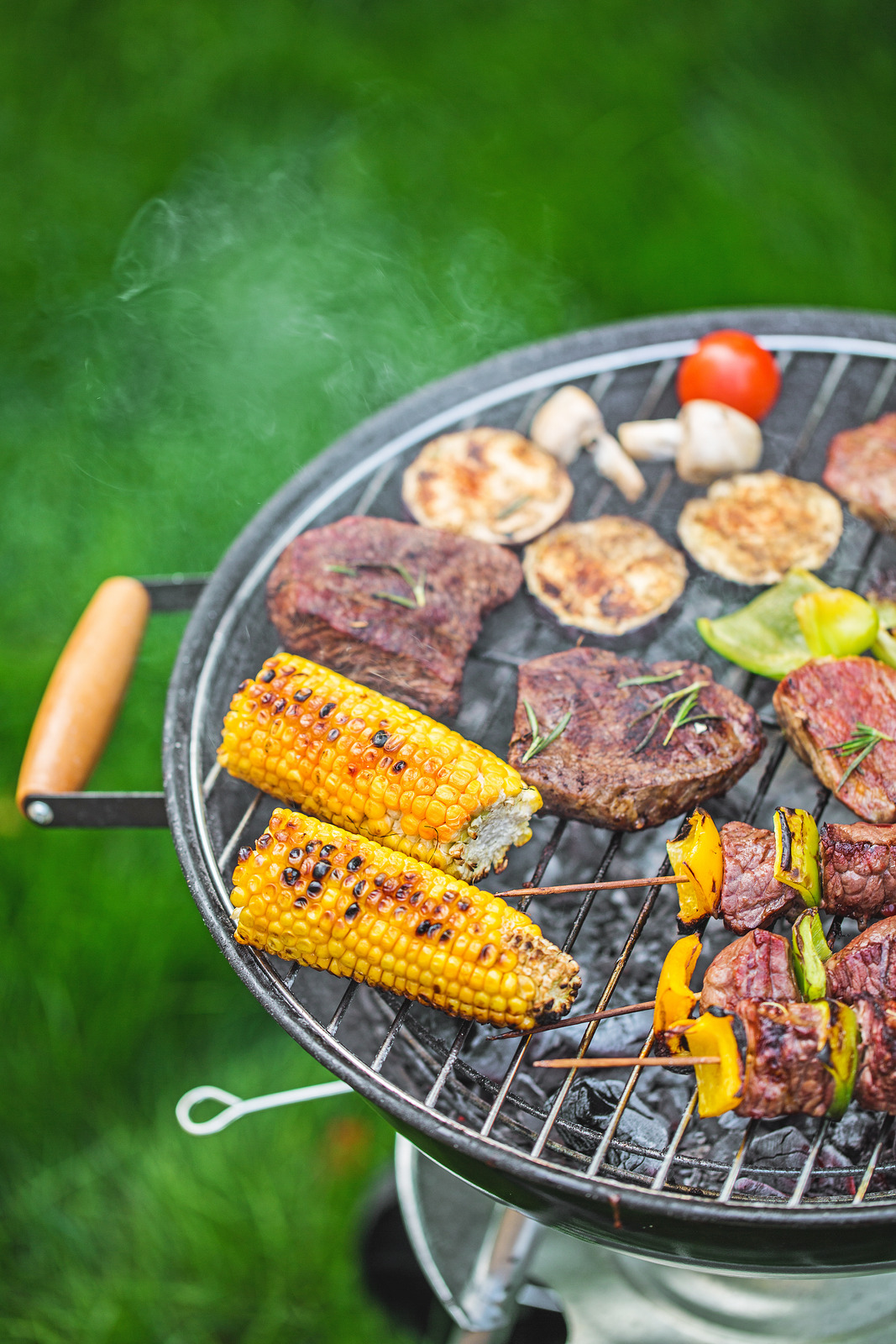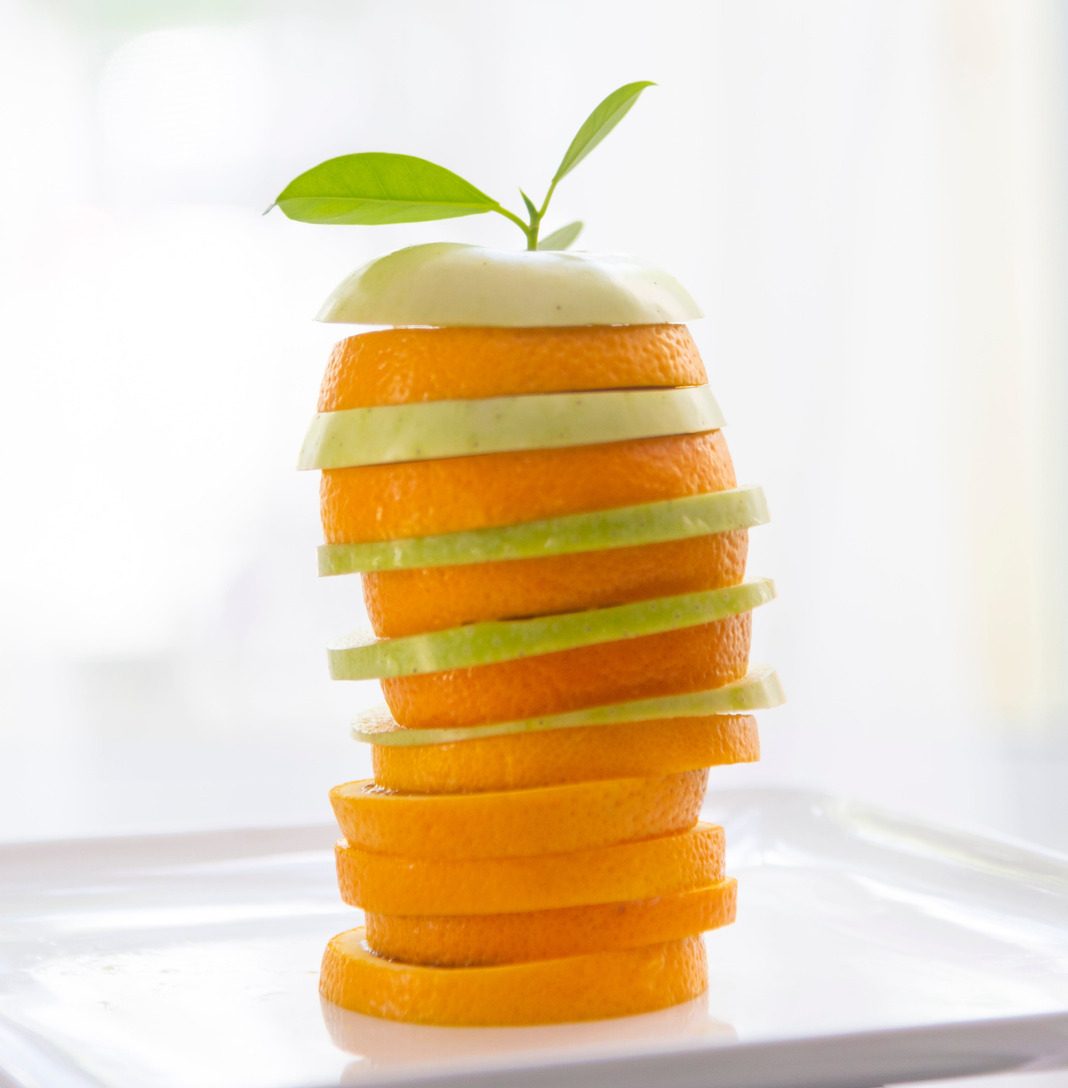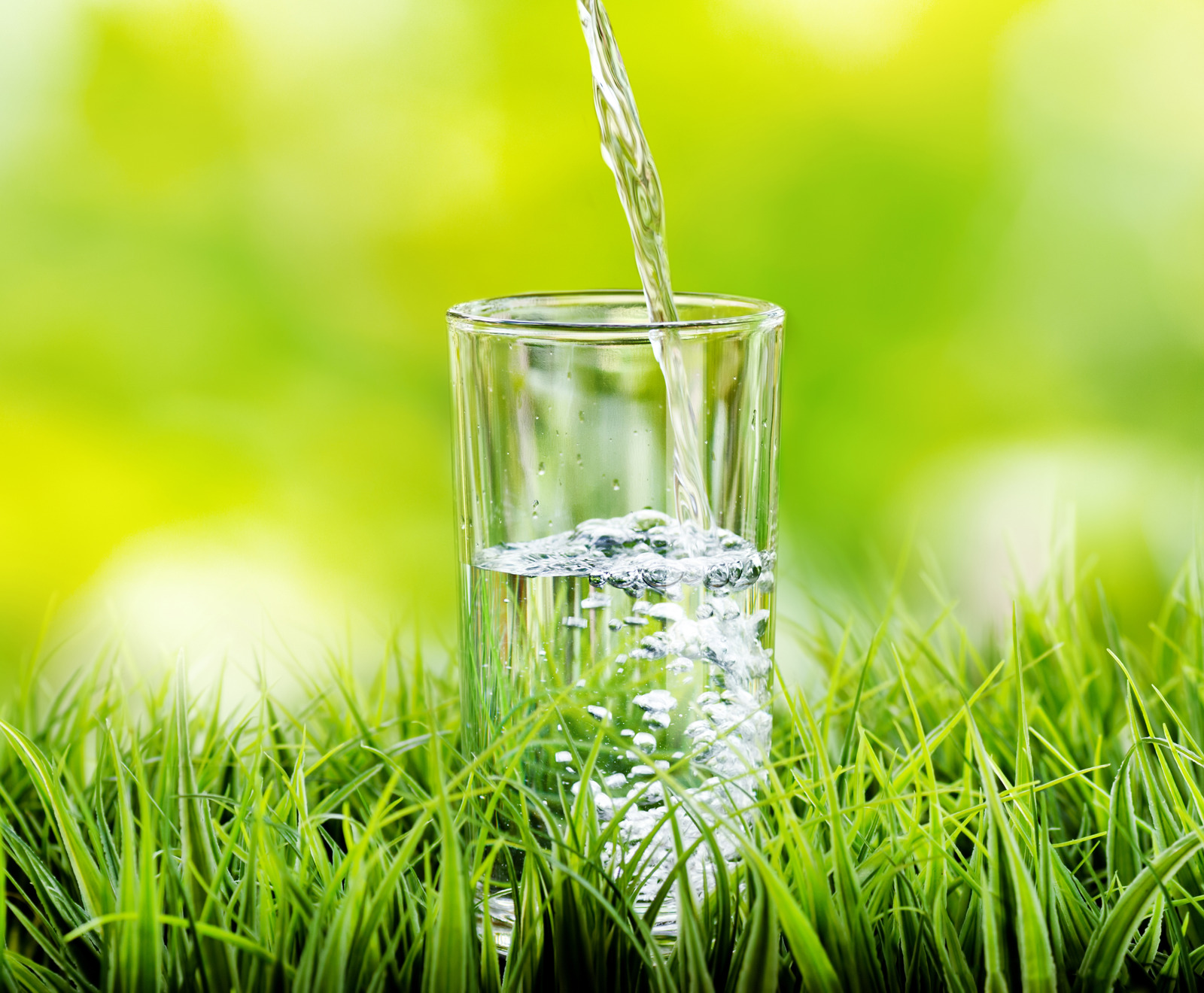Fact or Fiction? Eating too much grilled or burnt meat can cause cancer.
I’ve been eating a ton of grilled meat and wanted to know the answer, so I dug into some literature.
Here are some facts…
Does grilling cause carcinogens?
Grilling foods produce HAAs (heterocyclic aromatic amines), PAHs (polycyclic aromatic hydrocarbons), advanced glycation end products (AGEs), and other carcinogenic compounds.
These have been associated with cancers including colon, pancreas, GI tract, lung, liver, prostate, skin, and breast cancers.
Is burnt food bad for you?
Advanced glycation end products (AGEs) are produced when we brown foods, creating that delicious caramelized taste! They have not only been associated with cancers, AGEs also contribute to aging, altered gut microbiota, and chronic disease. (One type of AGE, acrylamide, gives french fries their delicious crunch!)
Yikes!
The good news..you can do something about it.
How to make your grilled foods with less carcinogens.
Eat grilled meats with fruits and vegetables, which have high antioxidant content. Examples include: berries, grapes, kiwi, watermelon, spinach, apricot, oranges, brussels sprouts, carrots, yellow-red peppers, tomatoes, and onions.
Use seasoning and spices that have been shown to reduce carcinogenic content. Examples include: garlic, onion, ginger, thyme, rosemary, red chili, pepper, parsley, and turmeric.
Marinate meat (chicken and seafood) with lemon. This decreases the pH and helps to prevent browning and formation of carcinogenic compounds.
Use a propane grill when you can rather than charcoal, which on its own creates carcinogenic compounds when burned. The thick smoke produced by burning charcoal causes adsorption of PAHs to the surface of the meat. If using charcoal, make sure you are preheating for at least 15 minutes (and until visible flames are gone) before putting your meat on the grill.
Avoid direct contact of food with the flame. Higher temperature (especially above 200 degrees) and longer cook times contribute to greater production of carcinogenic compounds. Shorter cook times and therefore less creation of carcinogenic compounds can be a perk of less well done steaks and burgers.
In general, there seems to be less carcinogenic compounds created with chicken, sausages & hot dogs versus beef & hamburger meat. This may be because there is generally less fat with these types of meats and fat dripping on the heat source generates PAHs.
Try to avoid charring when grilling and cut out the burnt parts of your food.
The takeaway on grilling and carcinogens…
Can grilled meat or burnt foods cause cancer? Maybe..but there is so much we can do to lessen the risk. Grilling brings people together and is a traditional way of cooking in places all over the world. As with most delicious foods, consume in moderation and enjoy!
References:
Duedahl-Olesen L, Ionas AC. Formation and mitigation of PAHs in barbecued meat – a review. Crit Rev Food Sci Nutr. 2022;62(13):3553-3568. doi:10.1080/10408398.2020.1867056
Nicole J. Kellow, Melinda T. Coughlan, Effect of diet-derived advanced glycation end products on inflammation, Nutrition Reviews, Volume 73, Issue 11, November 2015, Pages 737–759, https://doi.org/10.1093/nutrit/nuv030
Ubaid ur Rahman, Amna Sahar, Muhammad Issa Khan, Mudasar Nadeem, Production of heterocyclic aromatic amines in meat: Chemistry, health risks and inhibition. A review,
LWT – Food Science and Technology, Volume 59, Issue 1, 2014, Pages 229-233, https://doi.org/10.1016/j.lwt.2014.06.005.
Demetris Kafouris, Andri Koukkidou, Eftychia Christou, Militsa Hadjigeorgiou, Stelios Yiannopoulos, Determination of polycyclic aromatic hydrocarbons in traditionally smoked meat products and charcoal grilled meat in Cyprus, Meat Science, Volume 164, 2020, 108088, https://doi.org/10.1016/j.meatsci.2020.108088.
Joon-Goo Lee, Su-Yeon Kim, Jung-Sik Moon, Sheen-Hee Kim, Dong-Hyun Kang, Hae-Jung Yoon, Effects of grilling procedures on levels of polycyclic aromatic hydrocarbons in grilled meats,
Food Chemistry, Volume 199, 2016, Pages 632-638, https://doi.org/10.1016/j.foodchem.2015.12.017.





